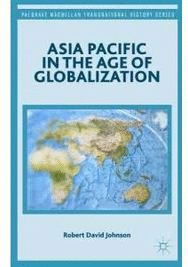The Collapse of Democratic Norms

In some ways, of course, January 6 was sui generis. But in others–perhaps most–events of that day represented the logical outcome of political changes over the previous sixty years.
The U.S. Constitution and the political system whose rules it sets–apart from two significant periods of amendments in the post-Civil War period and the 1910s–stands largely unchanged since adoption of the Bill of Rights in the first Federal Congress. But the system survived for as long as it did in large part because vast majorities of both political parties accepted a series of unspoken political norms or customs, which facilitated the efficient operation of government.
This seminar will examine the collapse of these democratic norms–focusing on what I consider the six most significant: (1) changing conceptions of ethics in politics and the nature of good government; (2) the rise of the filibuster and the erosion of the normal operation of Congress; (3) judicial confirmations; (4) the decline of bipartisanship amidst political polarization and party primaries; (5) the transformation of the political media; and, of course (6) election denial.
The goal, as always, is to use history to better understand the present; each session will end with a Q&A period (questions can be submitted in advance, too). Wednesdays at 10.30 live; videos posted by 1.00pm.
Schedule:
Oct. 4: Ethics & Good Government
Oct. 18: The Filibuster & Its Effects
Nov. 1: Judicial Confirmations
Nov. 15: Bipartisanship
Dec. 6: The Media
Dec. 20: Election Denial

